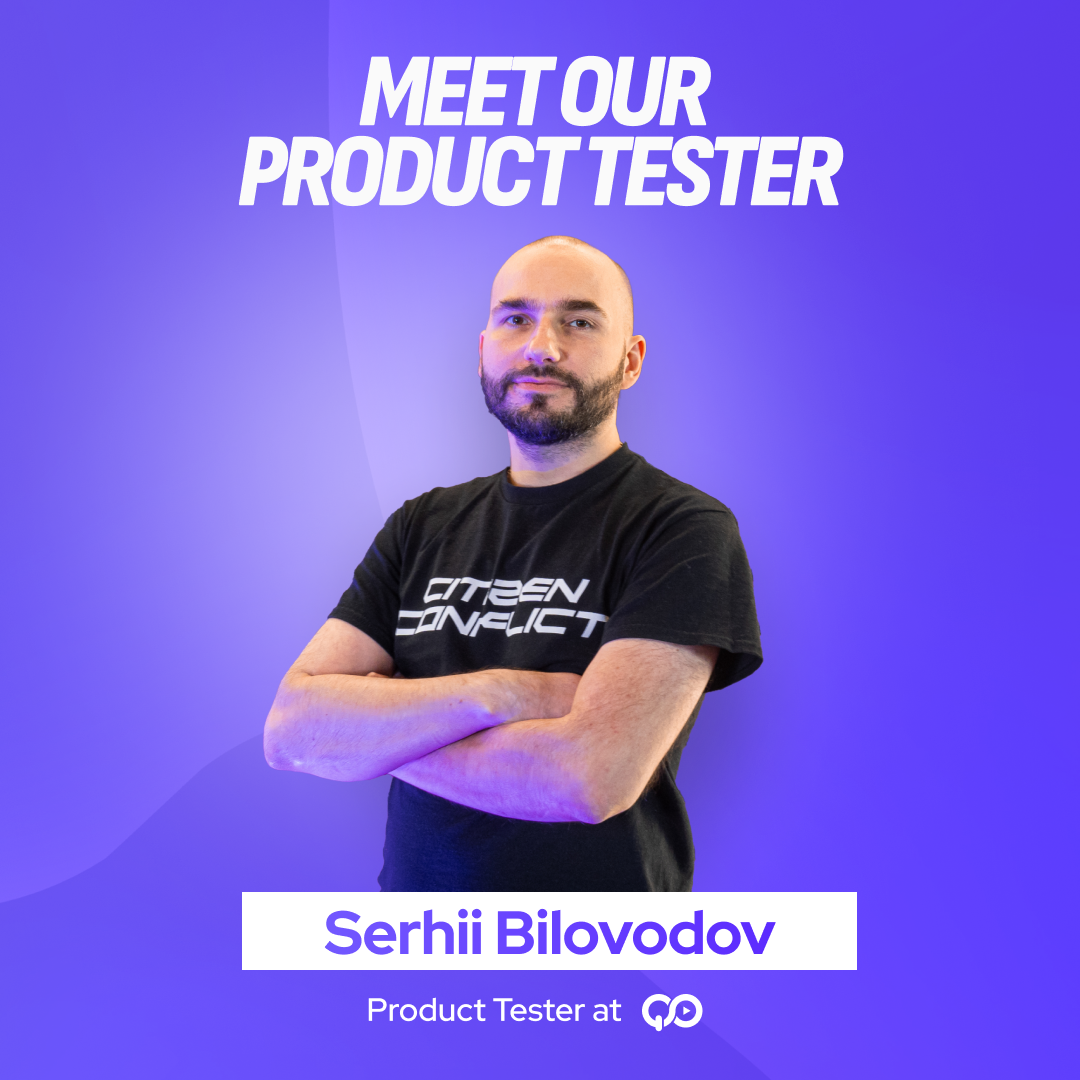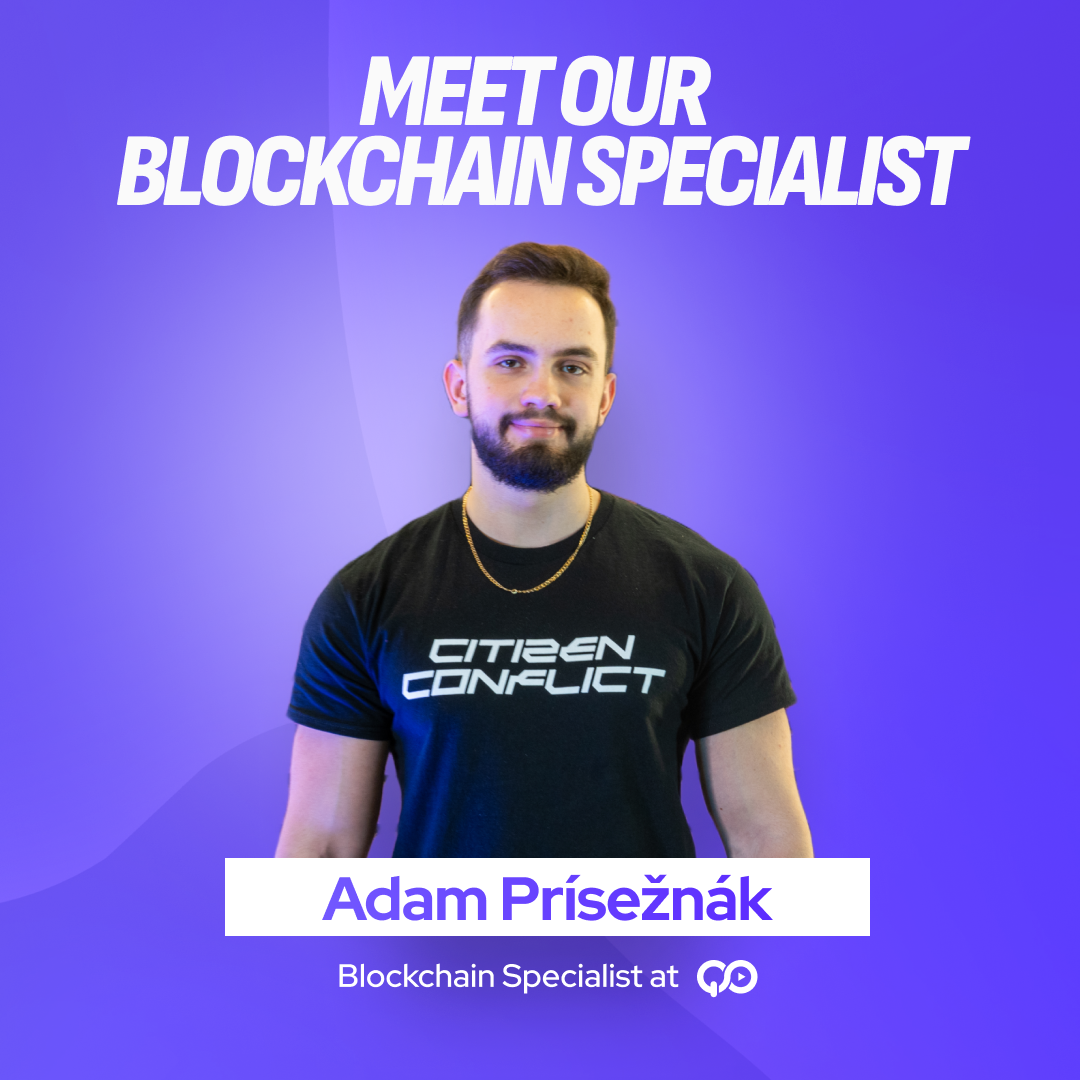Storytelling is an essential facet of the overall gaming experience. If done correctly, a compelling storyline can lure thousands of players into the game and power the curiosity of the expanding player base. If done poorly, the lack of a storyline can significantly decrease the memorability and lifespan of the game.
Much like a gripping novel or an iconic film, a well-crafted game narrative has the potential to immerse its audience, creating a bond between player and character, world and reality. This bond extends beyond the digital realm, influencing emotions, decisions, and even our perspectives on larger societal themes. As we delve into the nuanced world of game narratives, it's essential to recognize how storytelling elevates the gaming experience, turning fleeting moments of play into unforgettable journeys. A takeaway? Never underestimate the process of storytelling in your game.
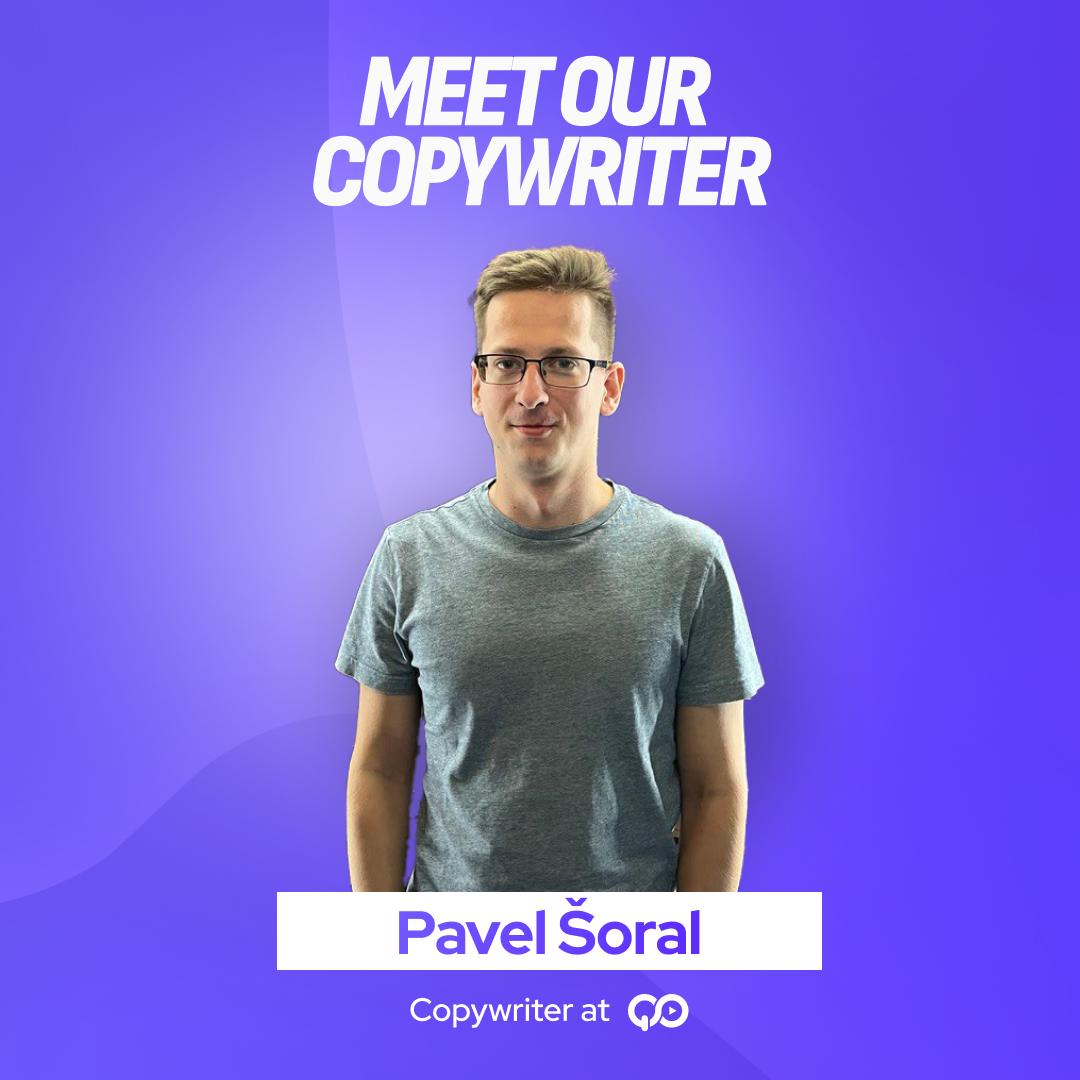
Still figuring out how to write a storyline that sticks with players and gives games multiple layers of immersion? We sat down with our Copywriter, Pavel Šoral, a guy who not only scribes the marketing blabber but also scratches his head over the storytelling and narrative building in our games.
Hi there! Before jumping into it, first, tell me how you embarked on your copywriting journey.
Certainly, I’ve always been a sort of zoned-out dreamer, carrying tons of stories and narratives in my head. My first short stories, as well as an incredibly lame fantasy book effort, date back to my early childhood in elementary school. There were three facets to my early life - video games, writing, and music. I didn’t care about much besides that. In this light, my career choice might appear obvious to some of you. Sure. But it has been much more twisted and hindered.
First of all, I had no clue that one could base an income on writing - back then, it seemed too utopian to be true to me. In the end, my family and my girlfriend at the time persuaded me to study Law, so I found myself in Brno for four years, grinding away at sections, subsections, legal cases, and a plethora of other incredibly boring stuff. I hated it sincerely. Finally, it pushed me to the point where I took it hell or high water. I started to work long hours on expanding my writing portfolio to land my first writing job.
I’ve been doing anything to rescue myself from an impending career as a legal beagle with I’m–getting-hanged tight tie and a gruesomely fancy suits. Luckily, my unpaid drudgery secured my first writing position. It was a small software company called Foliovision. They were doing WordPress plugins, building custom WordPress websites and solutions for their clients, well, all-in-all, they were big on digital privacy, censorship concerns, independence of digital content… and, obviously, WordPress. That’s where I learned how to blog, how to do content SEO, I learned what it takes to write a convertible landing page, social media post that doesn’t suck, and all the other essentials of an aspiring digital copywriter.
I was lucky - a founder of Foliovision himself gave me a chance and let me work under his direct tutelage. Having vast experience in marketing and writing specifically, as a former journalist for The Economist, I had solid entry training. He could be incredibly tough to be around, but overall, nice guy who cared. And that was enough for me.
What made you join a game studio, and what are the main challenges of writing at QORPO?
It was an obvious choice for me. As I said, I used to be a big-time gamer, and writing has always been my middle name. When I noticed that QORPO was hiring a copywriter, I applied in seconds. And here I am, scribbling for a living in a game studio.
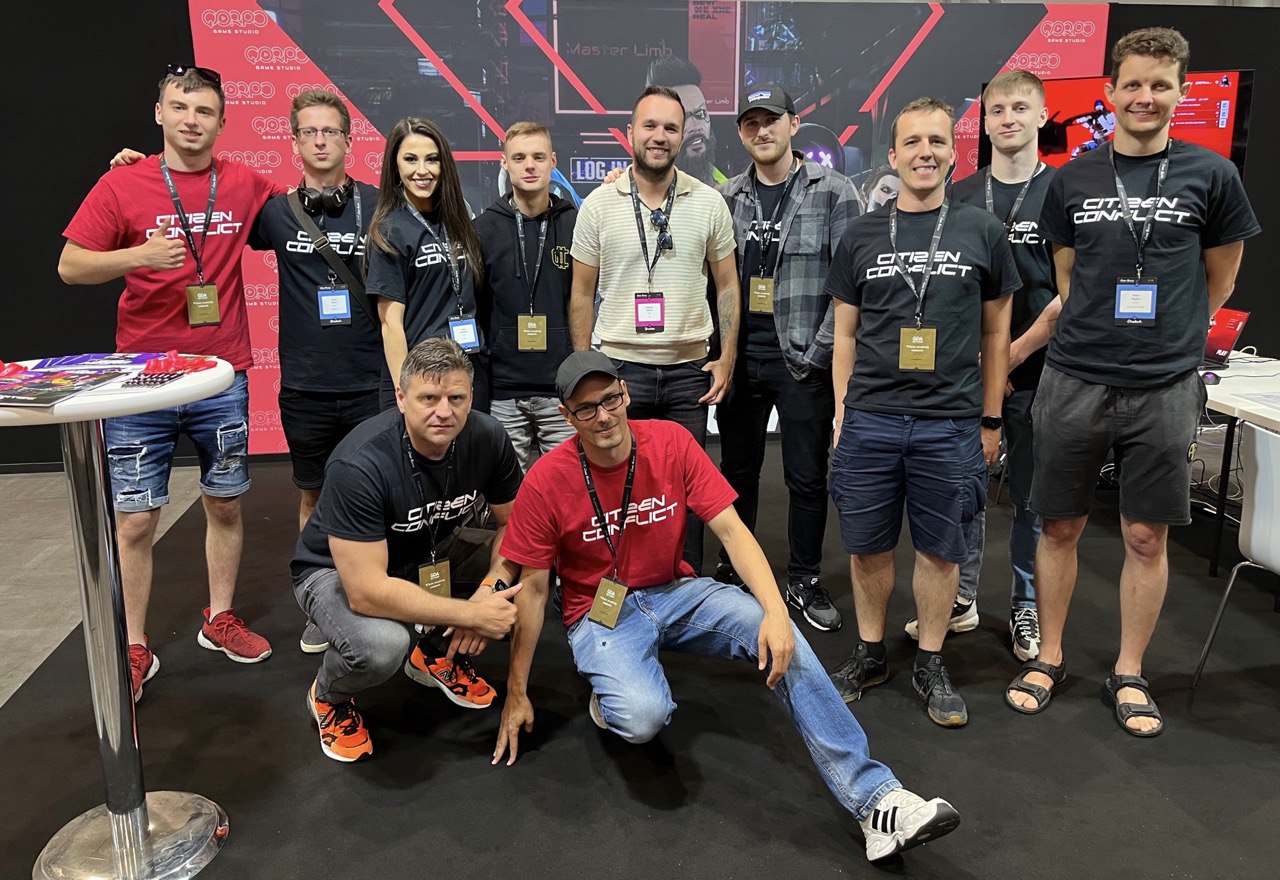
Regarding the challenges... there were many. First of all, here, you are never just a copywriter. You have to adapt to the multifaceted nature of the products quickly, and it’s leaps and bounds from a traditional product they deal with in most marketing agencies. I had to acquire a deep understanding of games - how they work, what triggers the interest of gamers, how is the game design done, and how to utilize spot-on writing methods from both marketing and in-game storytelling perspectives. Furthermore, QORPO is not just games. We are developing a robust Web3 ecosystem consisting of games, an NFT marketplace, and an esports platform. It took a lot to get the hang of it and reinvent my approach toward copywriting.
Let’s focus on the games first. And the big question is, what it takes to write a captivating storyline for a game?
It’s a complex process at the beginning of which you have to truly understand the game. You have to be well-acquainted with the game design and understand the lore and the big picture the game is aiming at. Once you have a gist, you start with the world-building. You gift every asset the game has with a story. Despite the fact that storytelling is much more prominent in RPG game titles, even a hero shooter, such as Citizen Conflict, can enjoy an immersive storyline.
It’s my duty to build the backstories of all the characters, all the in-game maps, districts, or even assets, such as guns, gadgets, or special abilities. It’s critical to set up a consistent tone of voice for the game and discern the tonal nuances between individual characters so that every single piece that the game contains is unique and memorable. This is usually an ongoing and highly tedious process that evolves as the game itself evolves. To make it right, it’s essential to work closely with game designers, concept artists, 3D artists, and the creative director of the respective game to stay in line with the final vision.
What are the aspirations of storytelling in games at QORPO?
What I really enjoy about working here is that we do not neglect the storytelling. It can be seen in every little detail. From a dead-simple Twitter post to an ongoing book for Citizen Conflict. The ultimate goal is to have an actual Citizen Conflict novel done and reflect upon the particular storyline elements within the gameplay once the game’s fully out. I’m trying to keep it consistent, releasing a new chapter each month; so far, we have 3 published chapters you can read on the Citizen Conflict website in the storyline section.
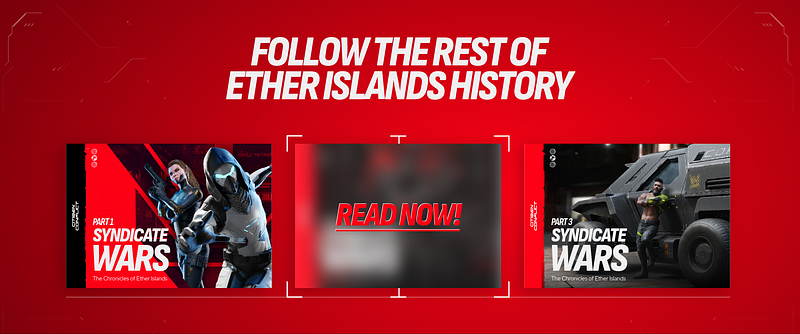
Another ambitious goal in this regard is a planned and frequently discussed comic book for AneeMate, which I’m really looking forward to. AneeMate aims to be an adventurous open-world game with considerable RPG elements, whimsical creatures, and several islands to explore; in short, a game perfect for building a storyline upon. From a technical point of view, it would be incredible if we could mint these storyline books for games, whether digital novels or comic books, as NFTs and set up an entire collection of NFT books intertwined with the whole QORPO ecosystem. You know, if you want to reach the tree tops, you have to aim for the sky.
Doing typical marketing writing and building storylines for games makes a significant difference. What helped you to embrace the challenge and not fail?
Despite my background in typical copywriting, mostly digital, I’ve always been a prolific storyteller. I have tons of short stories in my drawer; some of them finished, some of them in progress, some of them dumped. I’m also trying to write an actual fantasy novel with branched storylines, epic world-building, and grim plot twists, you know, it doesn’t necessarily have to reach the hights of the Malazon Book of the Fallen or The Song of Ice and Fire, but I won’t settle for a compromise. It’s slowly taking shape, and I’ll release it once I’m not on the verge of quitting writing after reading it.
What helped me to embrace the storytelling atop digital marketing writing is certainly my previous experience with publishing a book. I was honored to co-author a book of 33 real-life survival stories for a publisher called Interez Media - they are quite a big name in Slovakia. I had to do my research, stick to facts, and yet, build gripping stories that won’t let the reader stop until it’s finished.
That sounds nice. Back to the importance of storytelling in games: Do you see a difference between storytelling in Web3 games and traditional Web2 games?
Yes, I see abyssal differences, and in fact, it drives me crazy. The waste of potential is criminal. While traditional Web2 games frequently enjoy incredible, book-worthy storylines, Web3 game developers, for the most part, seem to turn a blind eye on the narrating potential that’s slipping right through their fingers. So far, I have not noticed a single Web3 game that wouldn’t suck terribly story-wise. Really. Yet Web3 is a community-driven environment. It’s not unusual that gamers and the community around a Web3 game are also investors who hold the company token or NFTs. These are the people who will interact with your content providing that you have any.
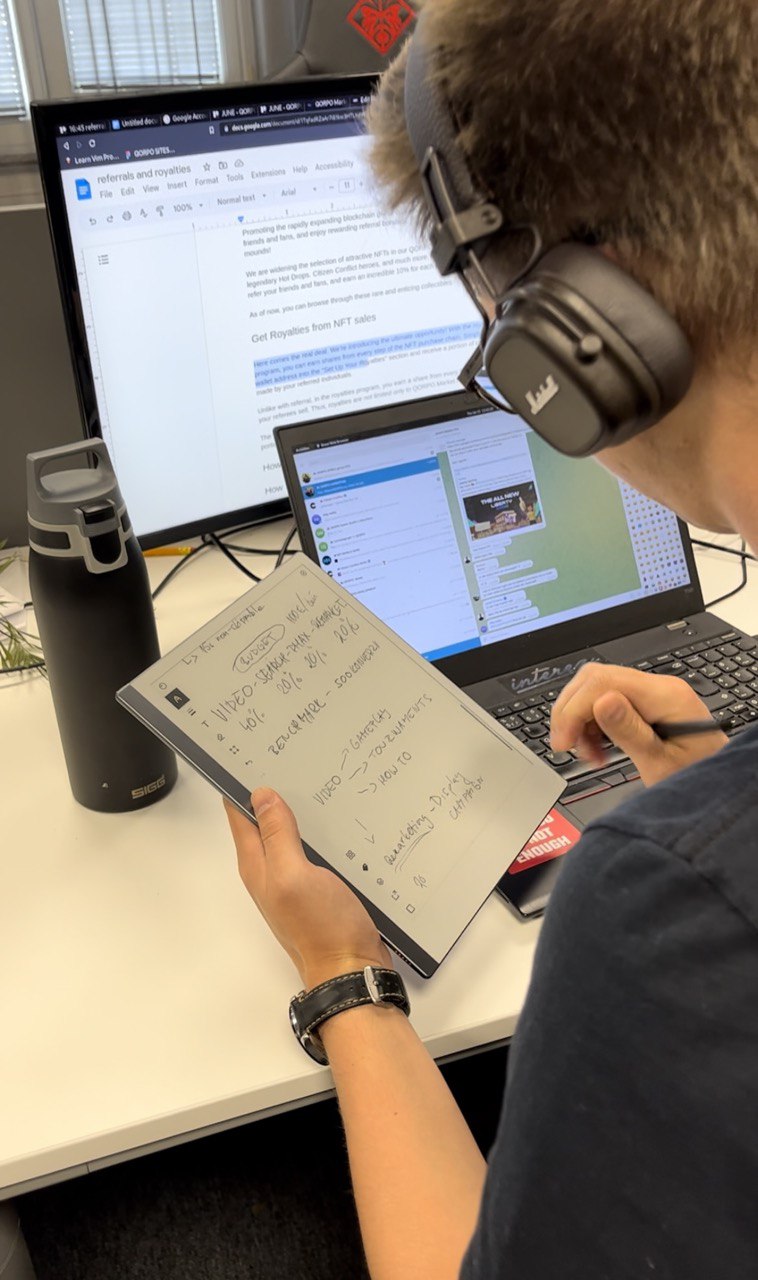
How would you describe the potential of storytelling in Web3 games?
The potential of storytelling in Web3 games is immense. Communities are strong. They yearn for a story they can relate to. The NFT-driven nature of Web3 is also a big advantage. As digital art, NFTs invoke collectible incentives and further engage the community with content that transcends mere gameplay.
If you build a game, it will stay for a while until players get bored, leave, and let the project die off. If you invest in high-quality storytelling, you’re not building only the game. You are creating a gaming universe you can build upon once the original game title gets obsolete. You are creating lore that bonds the community together and opens the doors for incredible upselling opportunities, such as merch, digital art, subscription-based insider clubs, successful DLCs, etc.
How are you trying to take hold of these opportunities in your work?
Besides doing my best to deliver stories worth living, I’m betting on the community. As I said, Web3, as a decentralized alternative to Web2, is mostly a community-driven environment. If you fail to engage your community, you’ve lost. Go ahead, wave your project goodbye, and leave. To avoid such a scenario, at QORPO Game Studio, we are running frequent polls in the user ID. Players can vote not only on the storyline development but also on the asset's names or crucial stages in the game development. Having direct feedback, I directly involve our fans in the process of storyline creation to provide a sense of impact for our community.
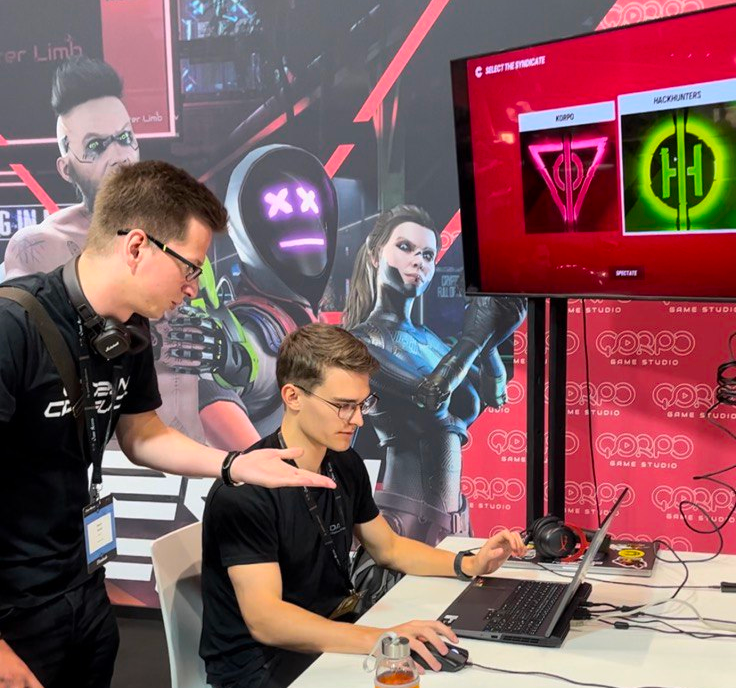
Besides the storytelling, what are you involved in at QORPO?
In short? Anything that has something to do with marking content. I’m ideating social media campaigns with the rest of the marketing team, I’m contributing to our pitching materials, such as pitch decks, case studies, whitepapers, Go-to-Market strategies… Simply, anything our CMO sees fit to have me doing. One of the most noteworthy activities we are all in right now is our cooperation with Cointelegraph. We are launching a series of GameFi-related articles to educate a broad audience in Web3 gaming to prevent people from falling for “scammy” projects. I’m personally involved in this cooperation, and I’m happy to be part of the program that helps people make informed and thoughtful decisions. Considering that games account for most of the daily on-chain activity, the reasoning behind this move is clear.
In light of recent rapid advancements in technology, how do you see the impact of AI on your work?
It poses several challenges. Sure. On the other hand, it helps me gain full focus on the big picture instead of having my hands full of small writing chores. Once you get hold of well-crafted prompts, AI can leverage your performance in literally anything you do. To wrap it up, AI, LLMs specifically grant me the ability to think more and waste less time. Yet still, I surely feel the incredible pressure on the performance you have to deliver not to be replaced in the near future.
From a positive point of view, this sense of anxiety drives my willingness to master new skills I wanted to learn for a long time but never found the time to. I’m trying to expand my SEO knowledge, solidify the fundamentals of PPC campaigns and psychology in marketing, as well as exploring new creative horizons. At the end of the AI pursuit, I want to be the one who writes prompts instead of the one who gets prompted out of the job.
Ultimately, AI does not necessarily has to be a demise of creative roles. It will replace people’s skill sets but doesn’t have to replace people. Copywriters will type less and think more. Graphics designers will Adobe less and think more. Video Content Creators will cut less and think more. Until you find out that you can be all in one and will have plenty of time to bring your ideas to life void of boundaries posed by the lack of hard skills.
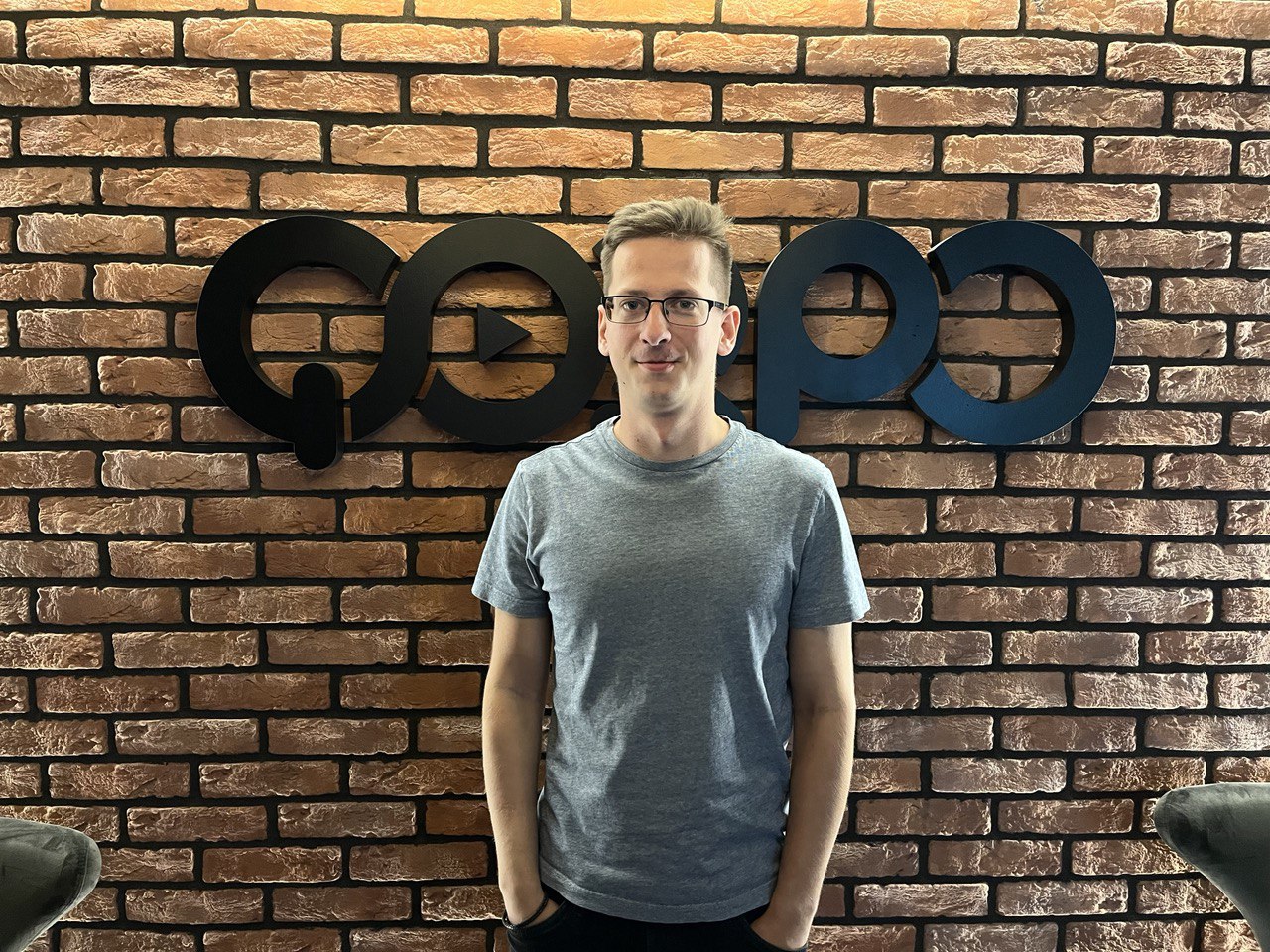
Thank you for your time. Hope for the best story-driven games in Web3?
Thanks for having me. I’ll try my best to do just that.


